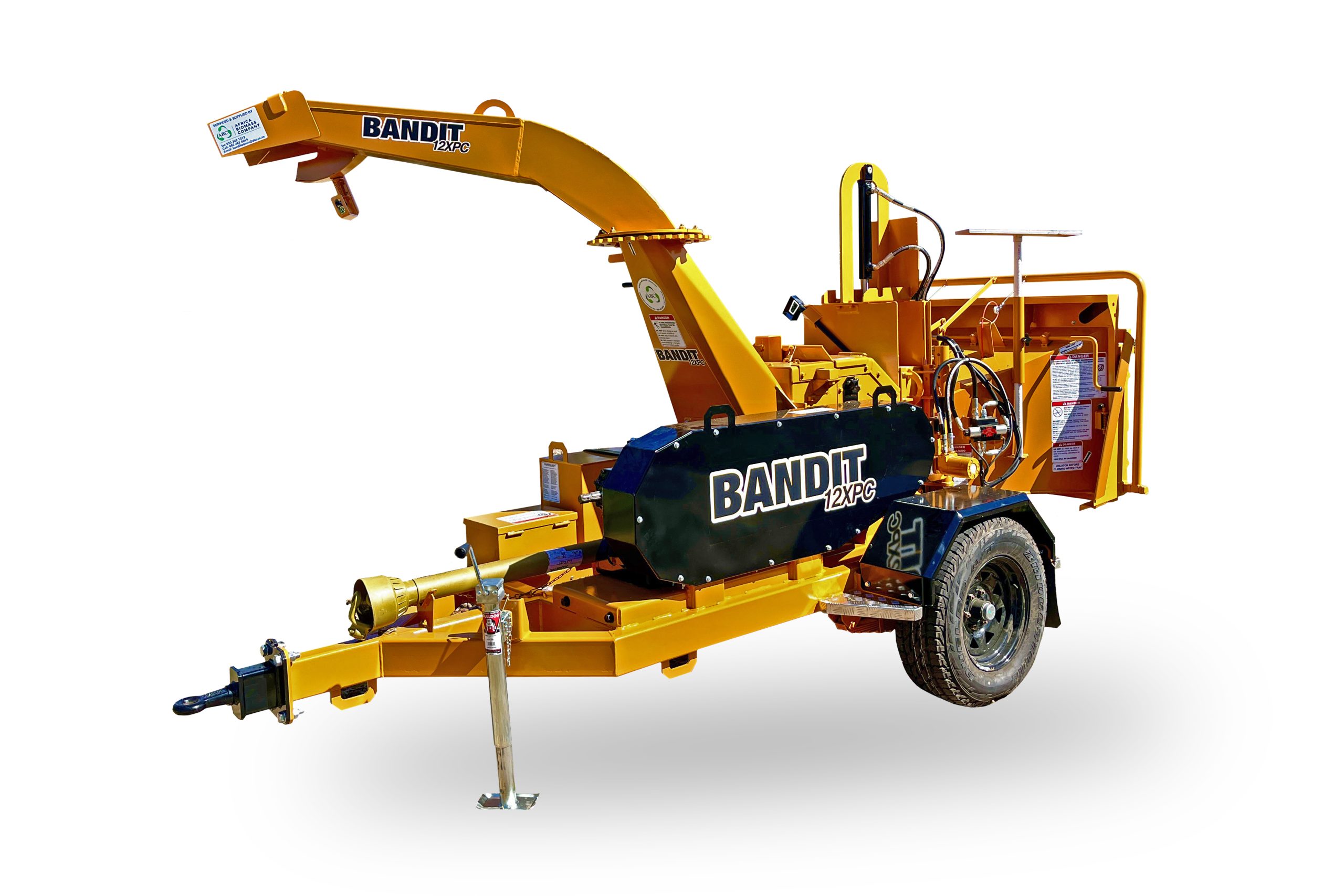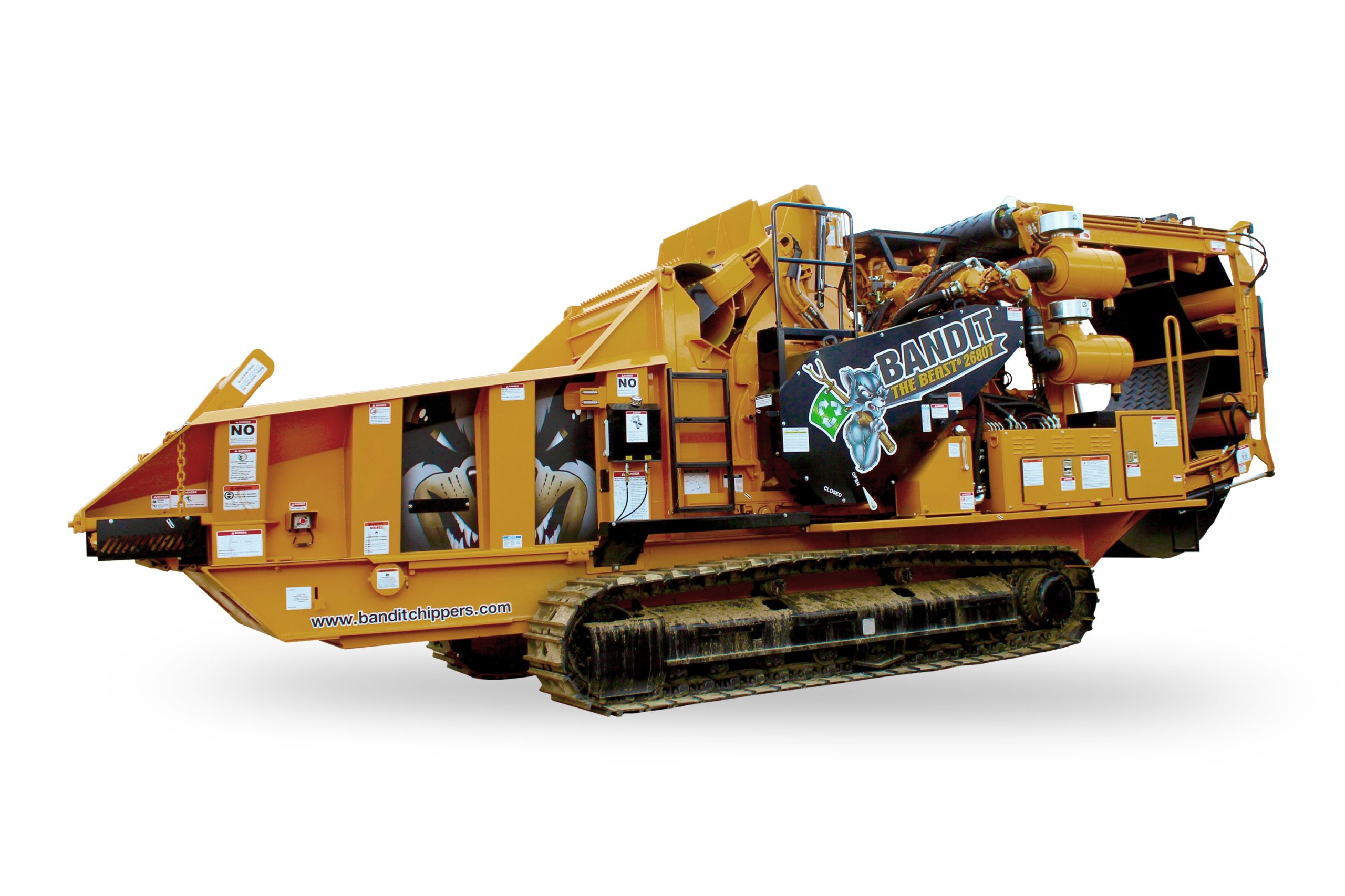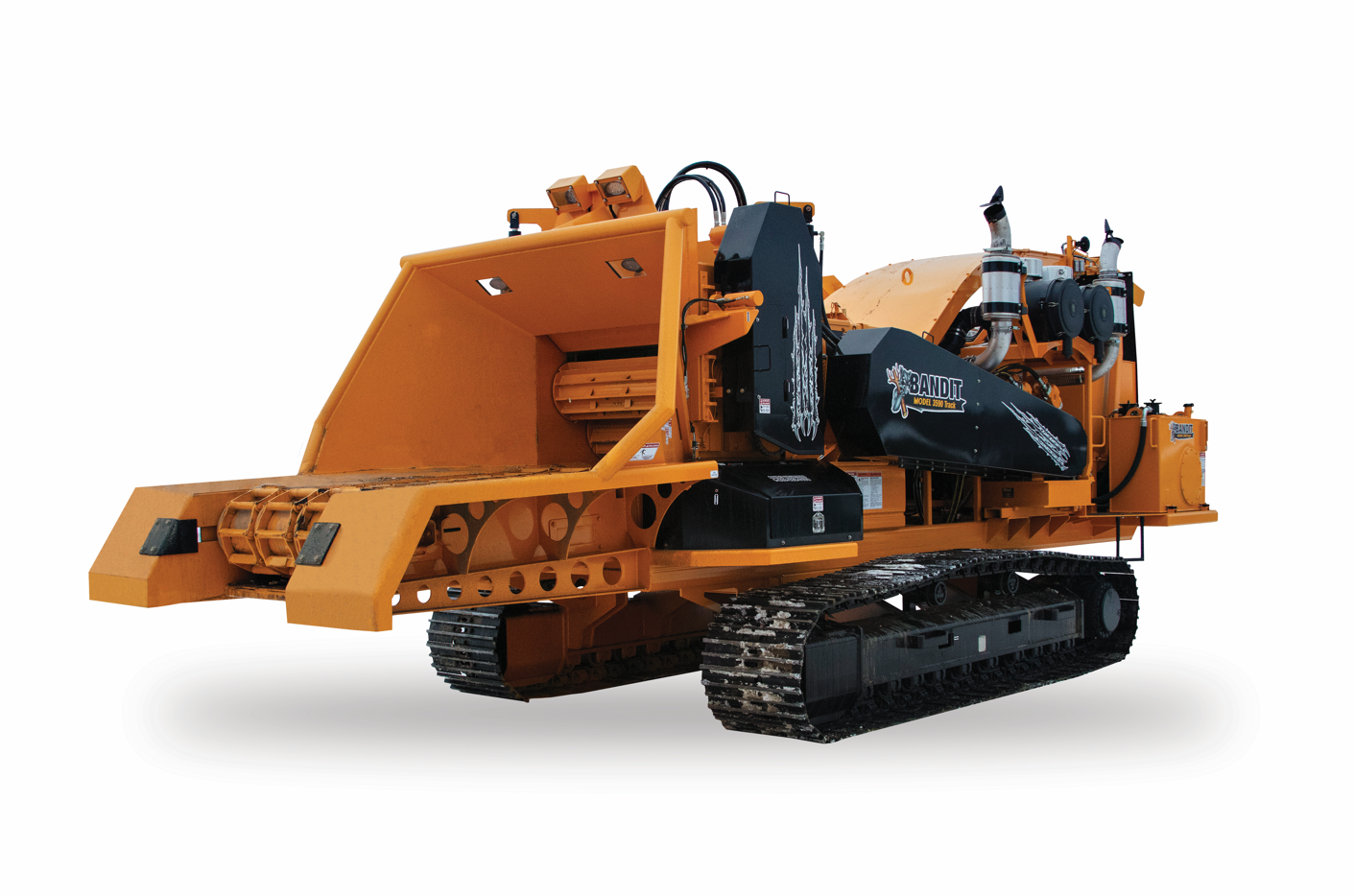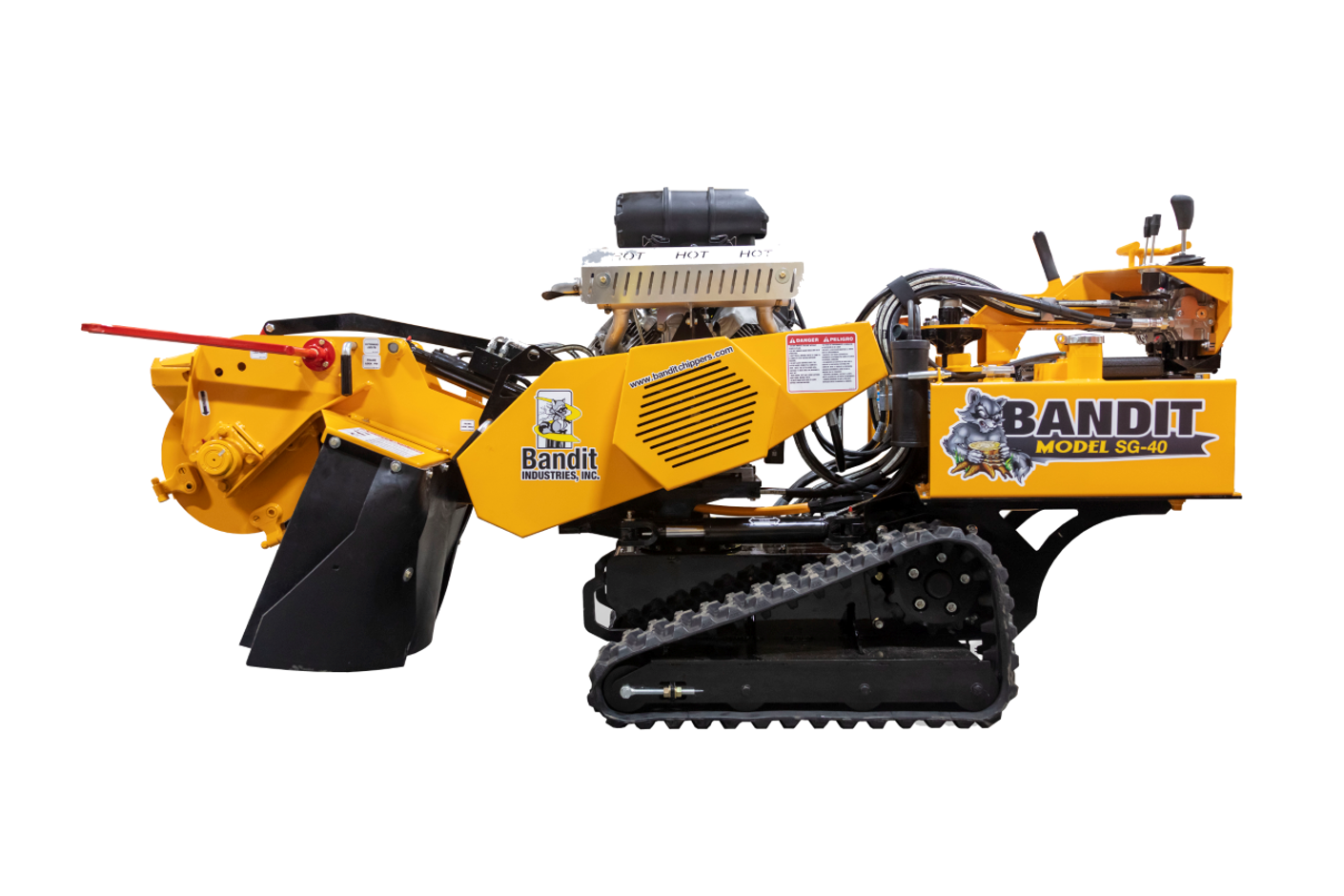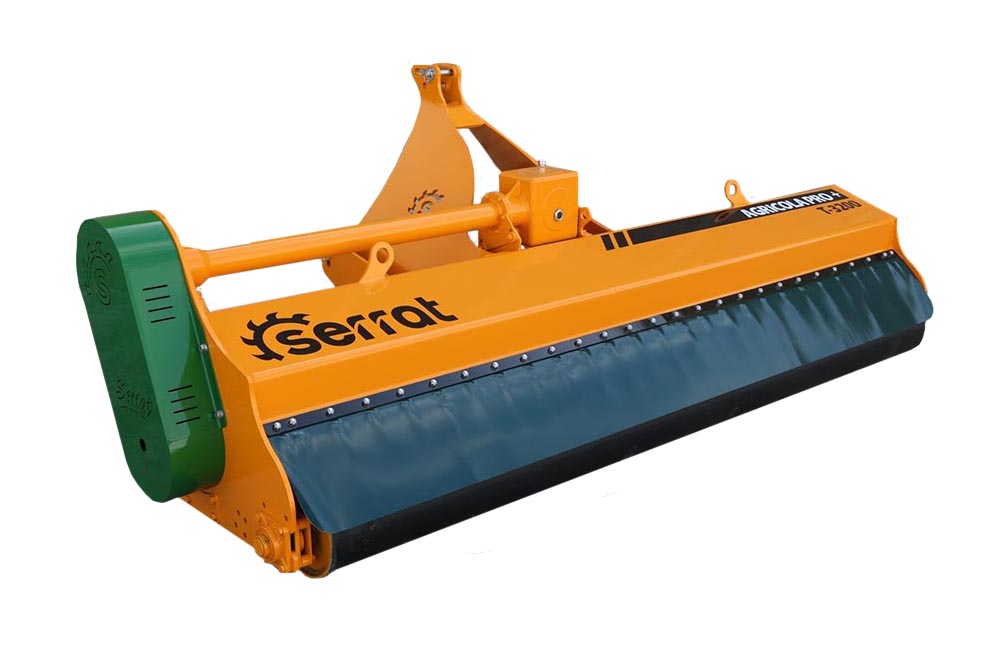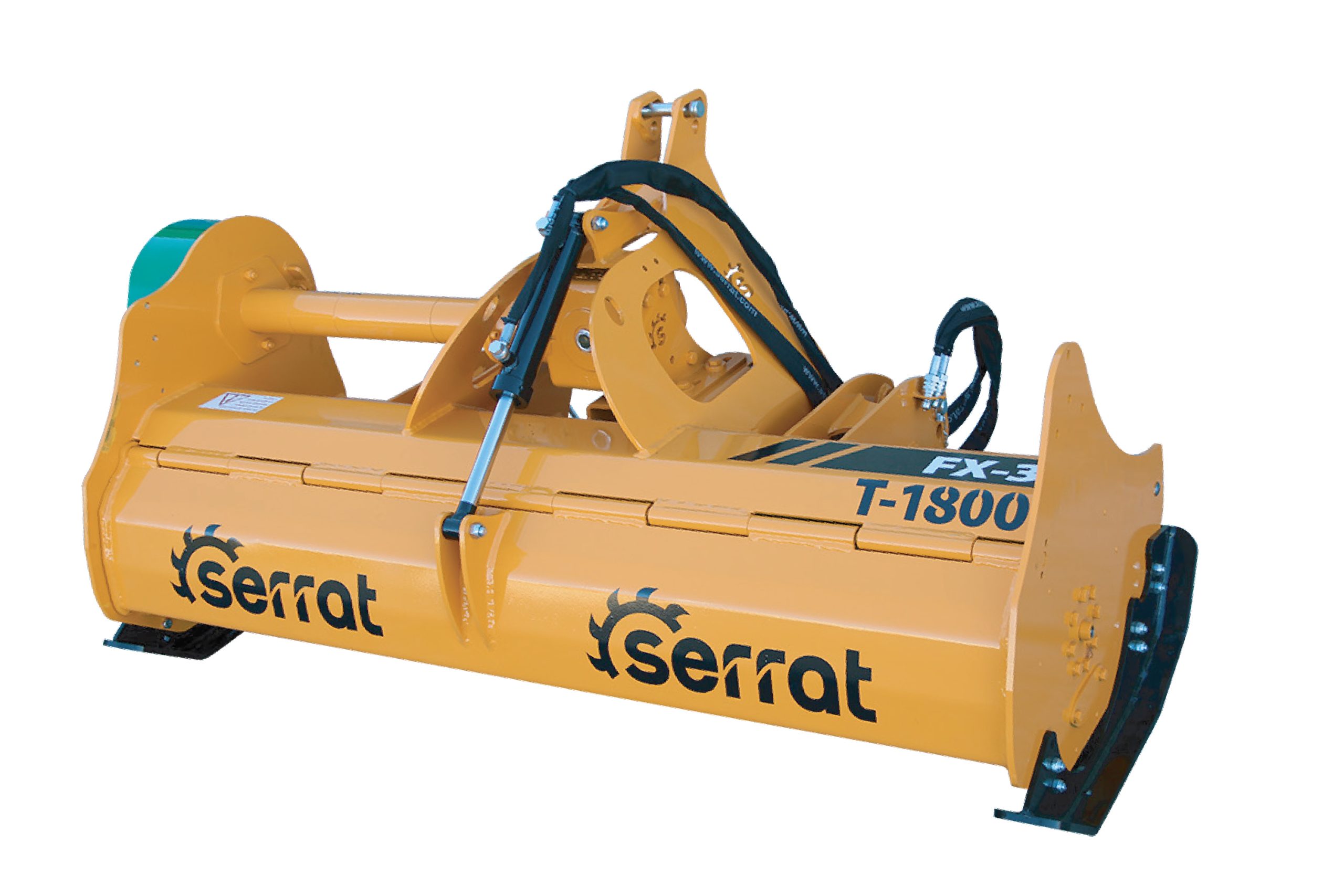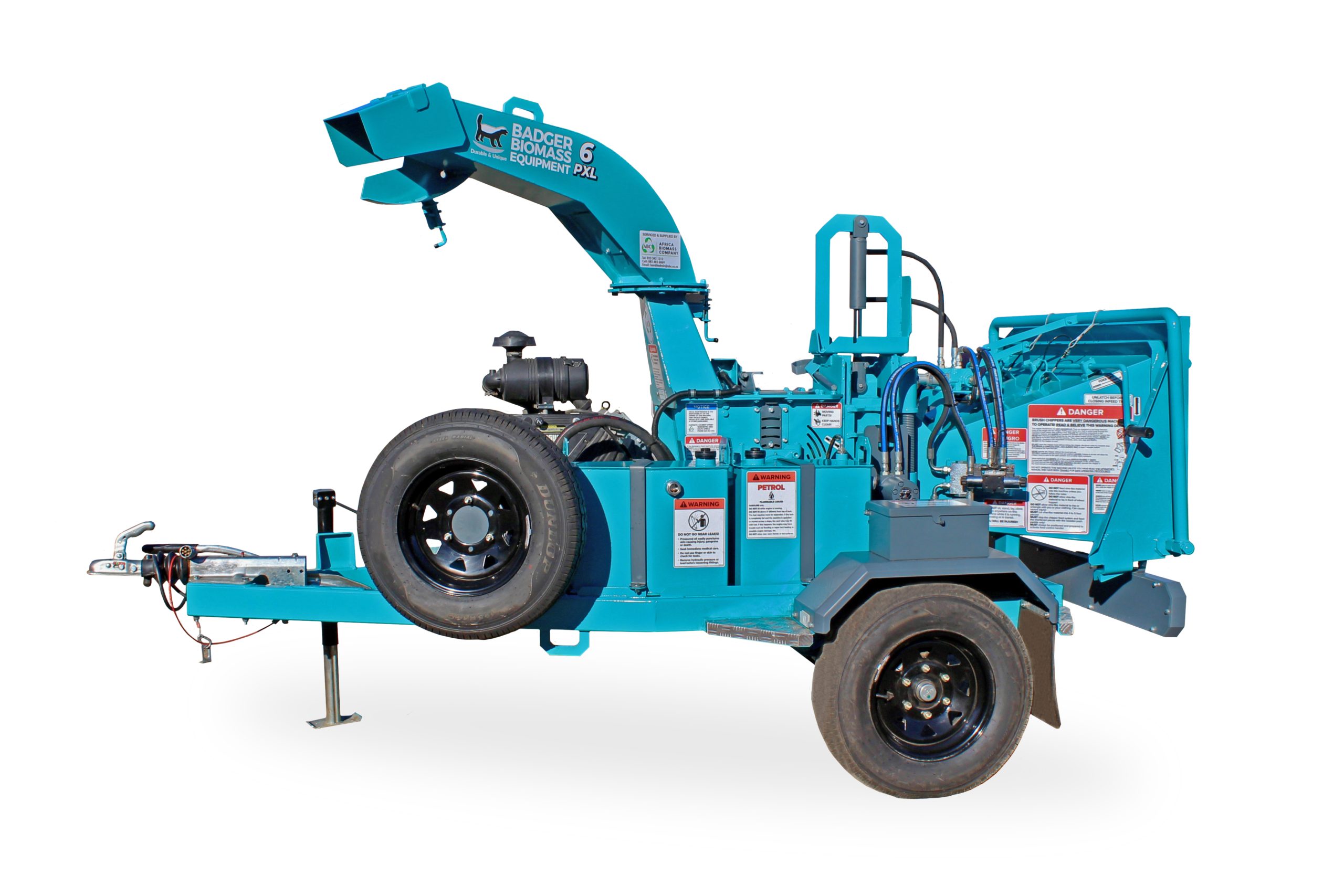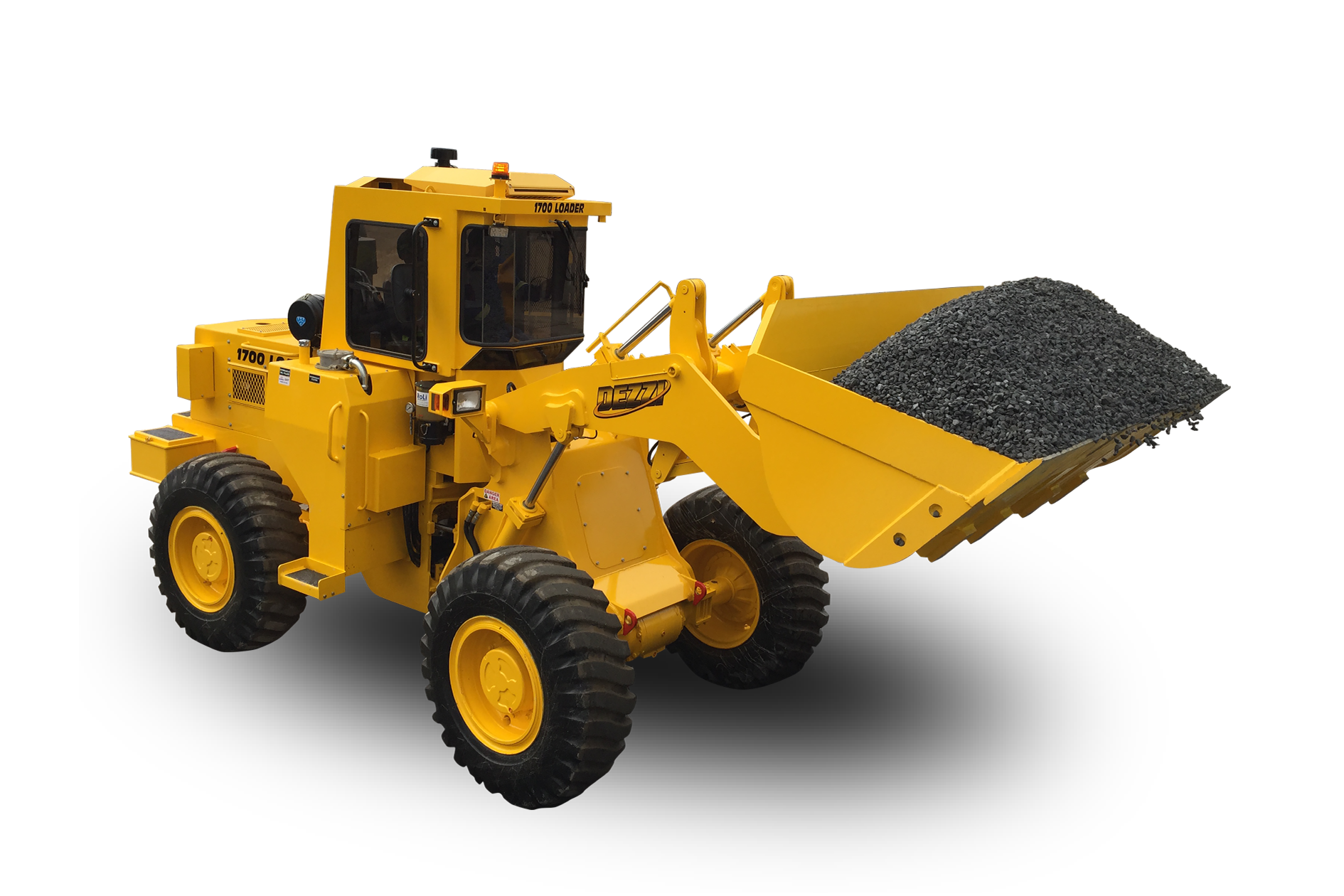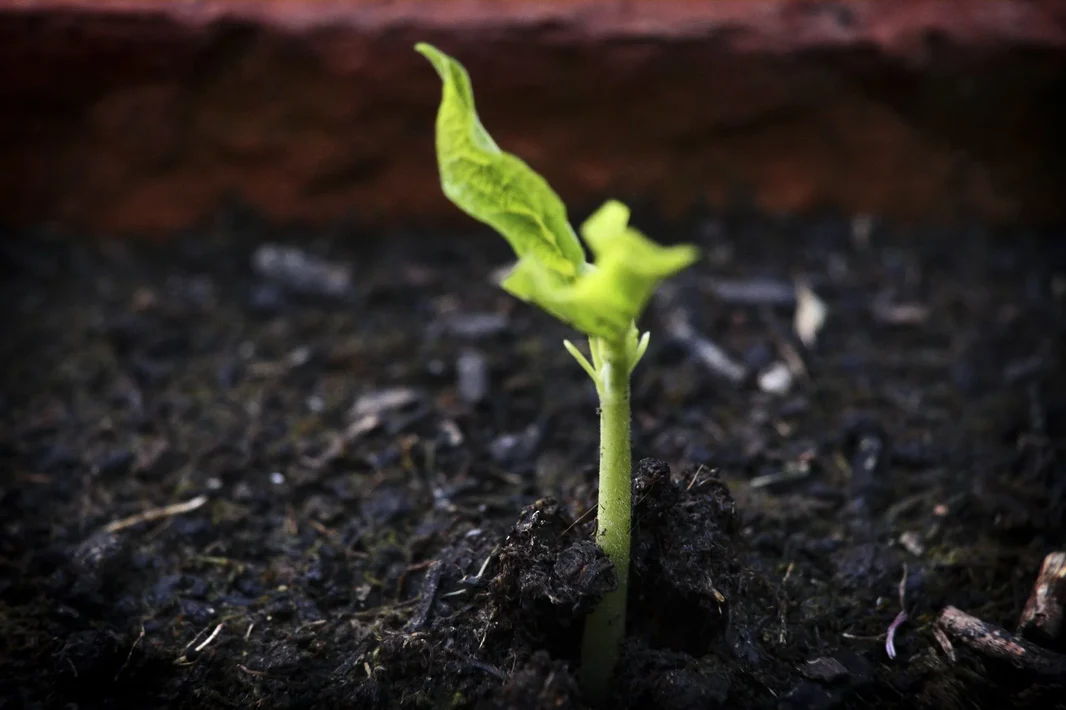Composting has environmental, financial, and social benefits. It acts as a probiotic, a source of food, and a moisture absorber for the soil underneath it.
Composting makes the earth more fruitful and efficient and sustains healthy soil’s complex ecosystem. Some benefits are immediate, and others take time to come to fruition – let’s take a closer look at all the benefits composting has to offer.
1. Compost delivers important nutrients into your soil
As the compost starts to break down, it supplies essential nutrients into your soil. Compost contains the three most important nutrients that plants need in order to grow: phosphorous, nitrogen, and potassium. Compost manages to feed the plants growing in your soil by using existing materials, increasing the number of beneficial bacteria and fungi in your soil to help your plants flourish.
2. Composting reduces the need for chemical fertilizers
Chemical fertilizers have many negative environmental consequences that go beyond giving essential nutrients to the soil where they are spread. Firstly, they must be manufactured from nonrenewable petroleum products and shipped, which takes time and money and produce high carbon emissions.
Chemical fertilizers not only have these costs but have also been proven to be harmful to the waterways they flow into after they are applied to crops.
Using compost as an alternative to chemical fertilizer is an excellent replacement, as it provides the same fertilization and doesn’t just go easier on waterways but even improves them.
Using compost can boost the soil’s ability to contain water to such a considerable amount that it can mitigate the need for irrigation, which is particularly important for farmers who live in areas experiencing droughts.
3. Composting improves plant growth, nutrition, and mortality rates
When your soil health and water availability are enhanced by applying compost, your plants growing in said soil also reap the benefits.
Produce that grows in soils spread with compost produce significantly more biomass, and the quality of plants produced in compost tends to be greater as well. Not only do plants grow more abundantly in soils that have been composted, but they also grow more powerful, increasing their mortality rates.
4. Environmental and financial benefits
Enhancing your soil and growing crops by using fewer chemicals are both environmental benefits, but there are other ways composting helps the environment by reducing greenhouse gases and waste too.
By turning your waste into compost, you use these valuable materials as biomass and stop them from ending up in your city’s landfill.
The financial benefit of replacing chemical fertilizers with composting is also significant, leaving both you and your soil happy.
How do I start composting?
In order to start composting, you, of course, need compost. You can either produce your own; however, if you are planning to use compost on a large scale, producing your own in bulk might prove tricky.
ABC is a bulk supplier of high-quality, nutrient-rich compost, the perfect biomass for making your soil flourish.
If you are looking to start composting your crops or replacing your current chemical solution with an organic composting one – a mulch spreader will make the application of your compost solution a breeze.
The Rovic BioSpread mulch spreader is designed to spread wooden chips and most other organic shredded material and apply it evenly in new or established orchards or vineyards.
For more information on the sale of our compost or the rental or purchase of our mulch spreaders, contact us.

